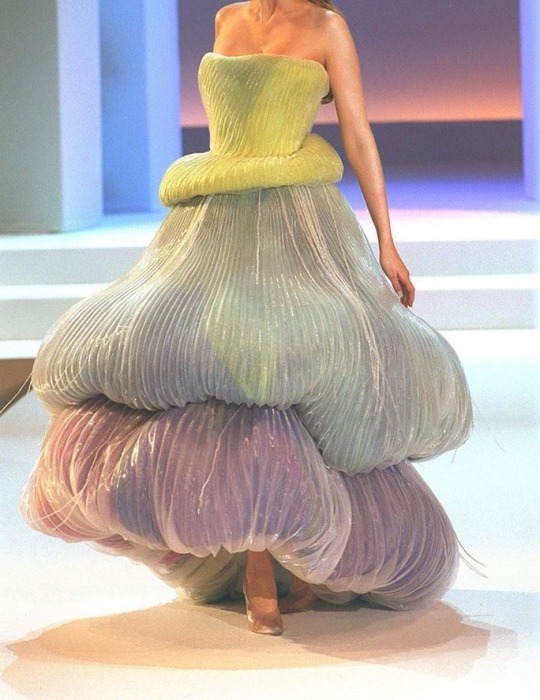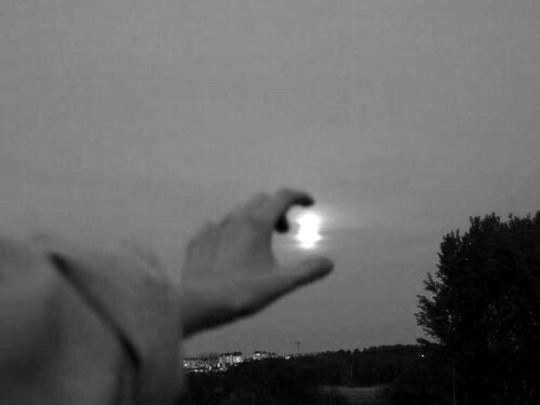kenzsm
43K posts
Don't wanna be here? Send us removal request.
Text
the sexiest thing a man can do is make his woman’s life easier
4K notes
·
View notes
Text

Sinéad O'Connor, from her book titled "Rememberings," originally published in June 2021
9K notes
·
View notes
Photo

The Roses of Heliogabalus (detail), 1898 oil on canvas Lawrence Alma-Tadema
144K notes
·
View notes
Photo

Marcel Breuer’s Hopper House II, 1959 Photos by Zubin Shroff
4K notes
·
View notes
Text
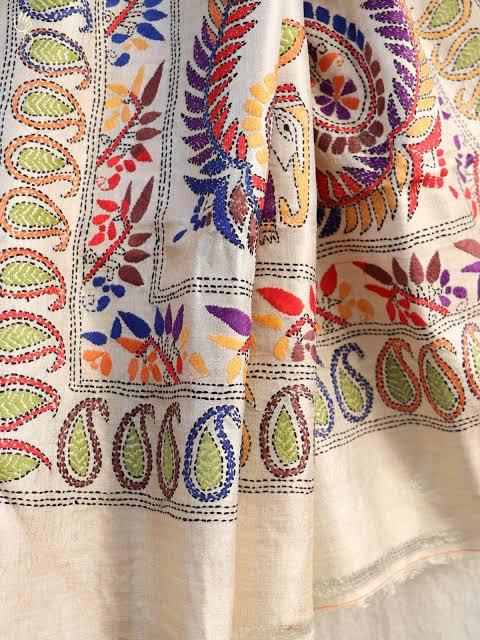
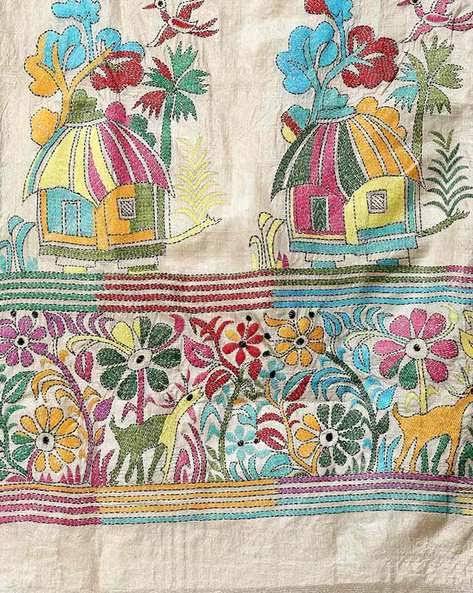
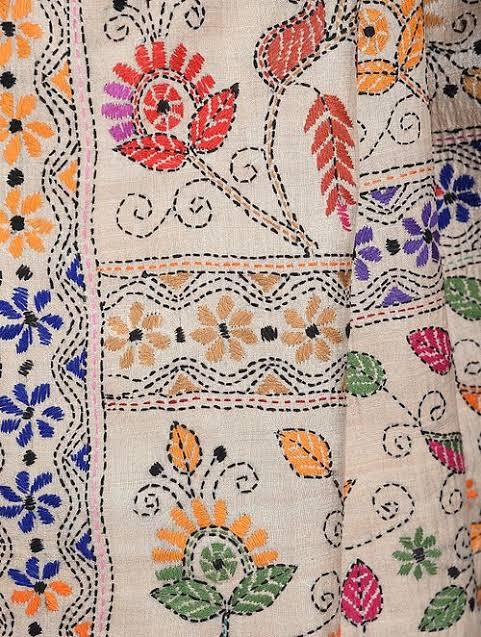
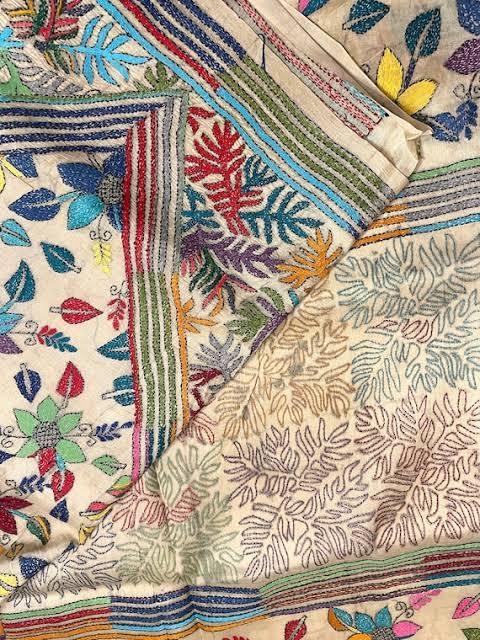

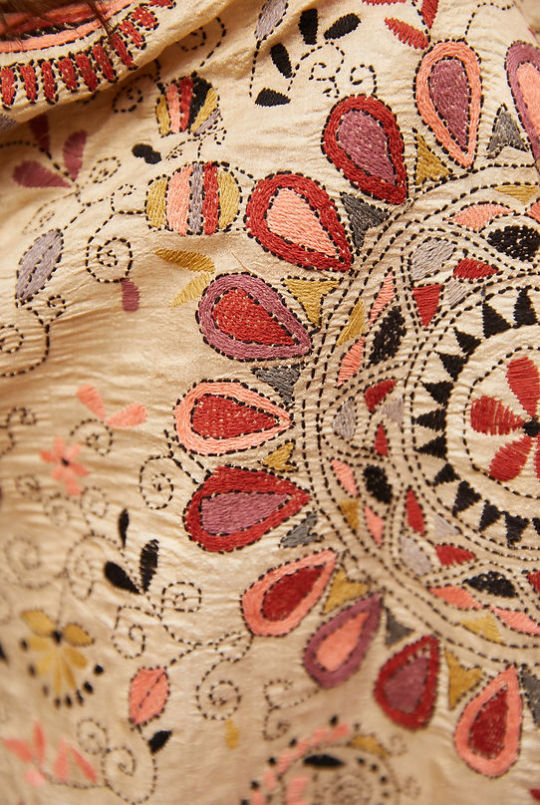
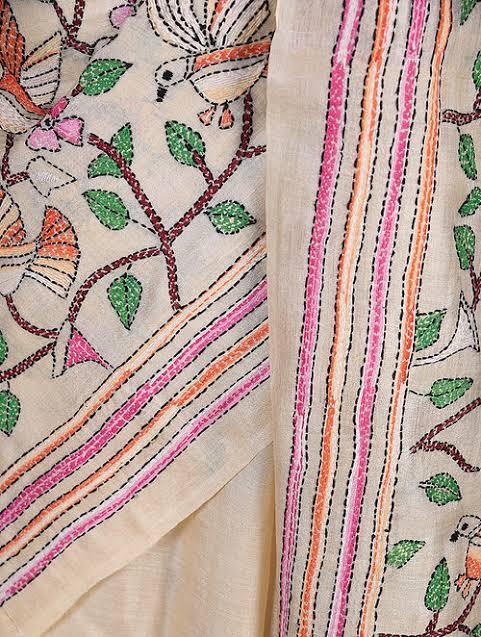
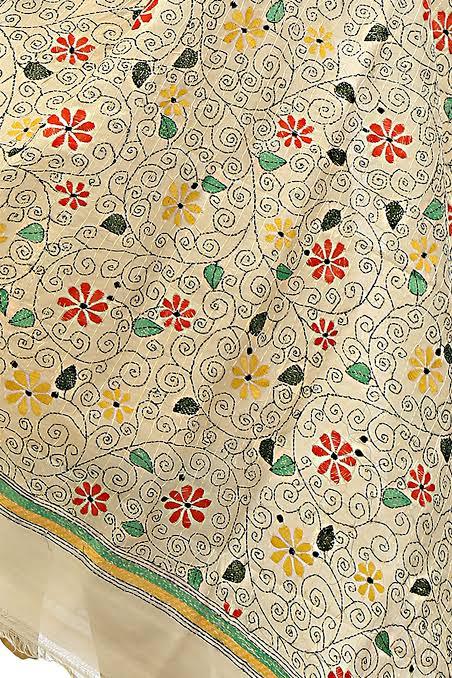

Kantha (Bengali: কাঁথা) is a form of embroidery originating in Bengal region, i.e. Bangladesh and the Indian states of West Bengal, Tripura and parts of Assam. It has its roots in nakshi kantha, an ancient practice among bengali women of making quilts from old saris and rags by sewing them together. In modern usage, kantha generally refers to the specific type of stitch used. The kantha needlework is distinct and recognised for its delicacy. The stitching on the cloth gives it a slightly wrinkled, wavy effect. Today, kantha embroidery can be found on all types of garments as well as household items like pillowcases, bags and cushions.
While it is an increasingly diversifying art form, traditional kantha embroidery motifs are still sought after. Traditional kantha embroidery is two-dimensional and are usually of two distinct types: geometric forms with a central focal point, carried over from the nakshi kantha tradition and influenced by islamic art forms; and more fluid plant, floral, animal and rural motifs with stick-figure humans depicting folklores and rural life in Bengal.
1 / 2 / 3 / 4 / 5 / 6 / 7 / 8 / 9 | textile series
2K notes
·
View notes

